This project laid the foundation for a more just and sustainable fisheries management system—one that aligned ecological imperatives with indigenous entitlements and set a precedent for reconciling resource governance with Treaty-based obligations in Aotearoa New Zealand.
— New Zealand —
equity. recognition. sustainability.

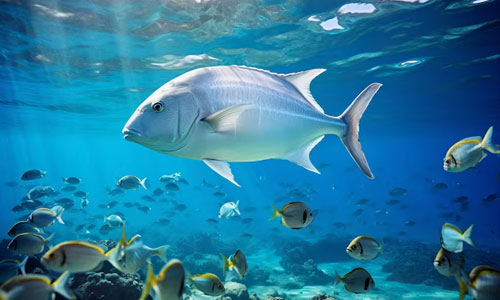

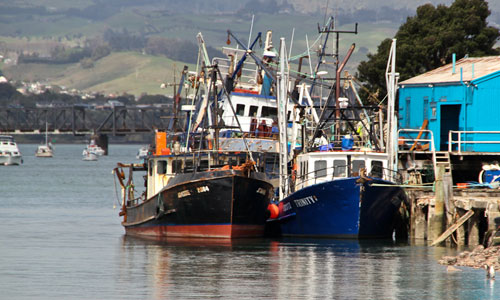
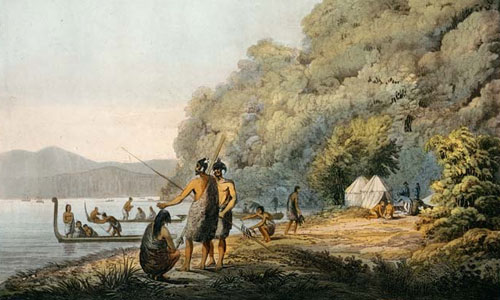
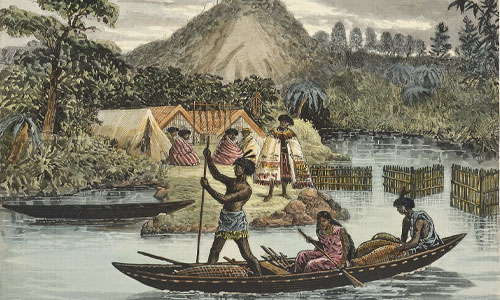
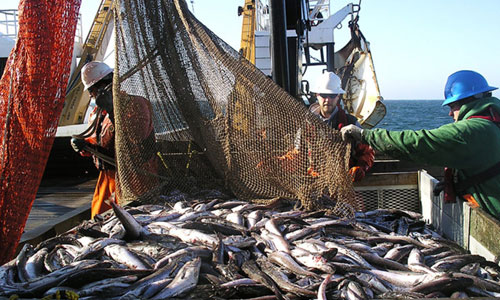

Embedding Indigenous Rights in Resource Allocation: Regulatory Reform of New Zealand’s Quota Management System
“The Treaty is not a relic of the past; it is a living document that shapes present policy and future governance.”
— Waitangi Tribunal, Muriwhenua Fishing Report
Challenge
In late 2001, the Government of New Zealand, through the Ministry of Fisheries and the Ministry of Māori Development (Te Puni Kōkiri), faced growing pressure to reconcile the proposed expansion of its Quota Management System (QMS) with long-standing Treaty of Waitangi obligations. The QMS, while internationally lauded for its role in sustainable stock management, was increasingly criticized for marginalizing Māori customary and commercial interests. Allocation processes lacked clarity, historical grievances remained unresolved, and iwi feared systemic exclusion from marine resource entitlements essential to their economic development and cultural identity.
Strategy
As Team Leader and Legal-Policy Fisheries Expert, the project was tasked with evaluating the regulatory impacts of the QMS on Māori fishing rights. This required a multi-disciplinary approach:
- Legal review of QMS legislation vis-à-vis the Treaty of Waitangi and relevant Waitangi Tribunal findings;
- Stakeholder consultations with iwi, hapū, and Māori fisheries representatives;
- Economic modelling of quota allocations and their long-term implications for Māori development;
- Policy benchmarking against indigenous rights frameworks in other commonwealth jurisdictions.
The team delivered a comprehensive Ministerial Briefing Paper that exposed legal vulnerabilities and recommended concrete policy reforms. Key among these were mechanisms to guarantee equitable quota allocations, recognition of customary rights alongside commercial interests, and procedural safeguards for meaningful Māori participation in fisheries governance.
Transformation
The Minister accepted the recommendations, initiating immediate policy adjustments that became embedded in New Zealand’s evolving fisheries law. These reforms helped catalyze more inclusive resource governance, including:
- Enhanced quota allocations to Māori as part of the Treaty of Waitangi Fisheries Settlement;
- Development of co-management frameworks between iwi and the Crown;
- Legislative amendments that fortified indigenous consultation requirements in fisheries decision-making.